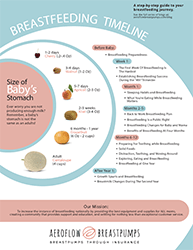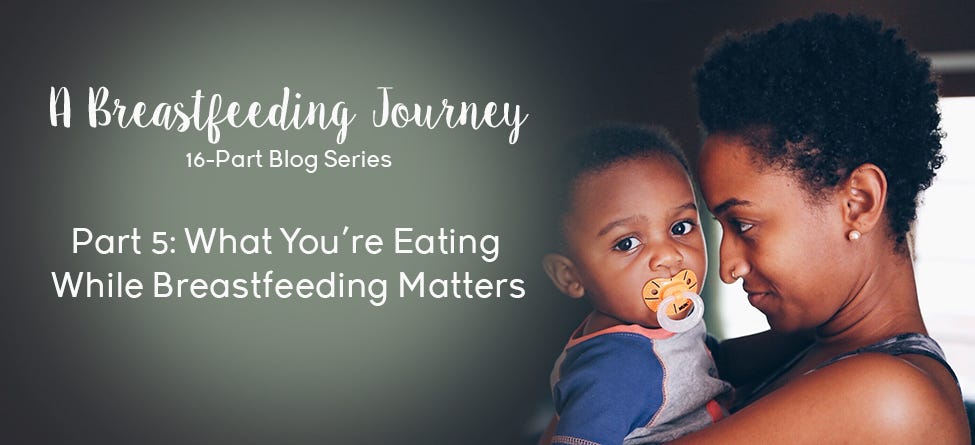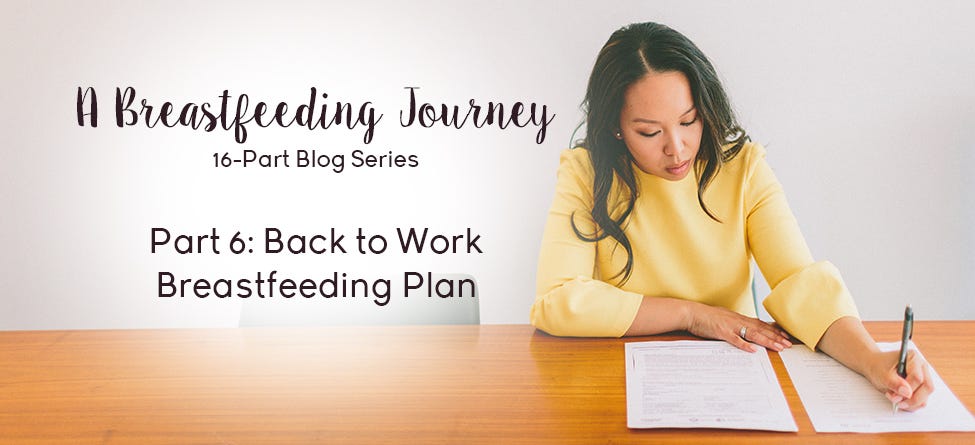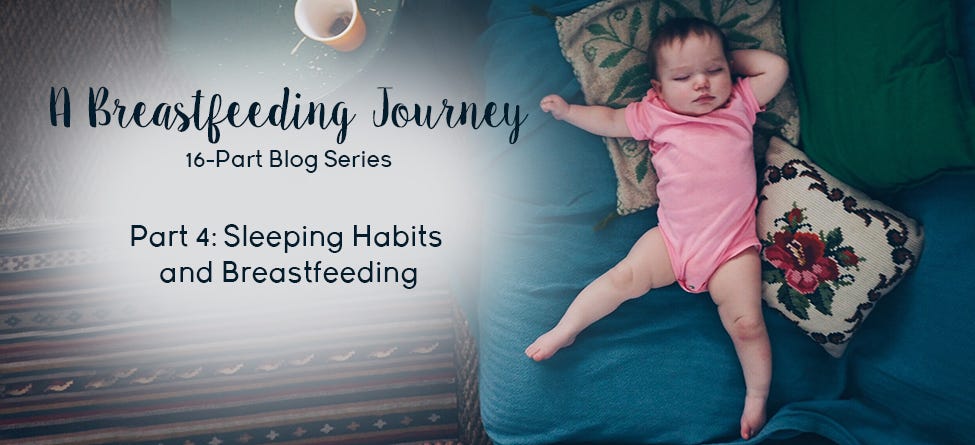Nutrition for you is important during breastfeeding because your body is working hard to produce milk for the baby. You’re using a lot more calories than normal to make that milk and you want to make sure that you’re eating well and staying hydrated. Your baby may also have some reactions to certain foods you are eating through your milk. It is not uncommon for babies to have excess gas or discomfort from some trigger foods such as the brassica family, which includes broccoli, cabbage, kale, cauliflower and brussels sprouts. Cow’s milk dairy can also cause digestive problems for babies. If your baby is experiencing severe diaper rash, speak with your pediatrician about what may be causing it and something in your diet is the culprit.

To view or download the entire Breastfeeding Journey, click the image above!
Two Tips for Diet and Breast Milk:
- The is an enzyme called lipase found in breast milk that breaks down fats so your baby can digest it. Sometimes lipase is produced in excess and it causes your milk to have a strong odor or flavor. An excess of lipase isn’t dangerous for babies, but some will refuse to drink it. If you experience this problem, talk to your lactation consultant about what you can do to fix it. They can direct you in how to safely eliminate the taste from your milk.
- Avoid excess caffeine which may affect your baby’s sleep patterns. It has also been linked to colic and acid reflux in babies. Additionally, stay away from fish that may contain high levels of mercury.
Information provided in blogs should not be used as a substitute for medical care or consultation.

About the Author
Contributing to this blog is Dr. Kendall-Tackett, PhD, IBCLC and FAPA, and award-winning health psychologist and International Board Certified Lactation Consultant. She specializes in women's health research including breastfeeding, depression, and trauma, and has authored more than 420 articles or chapters, and is author or editor of 35 books.









